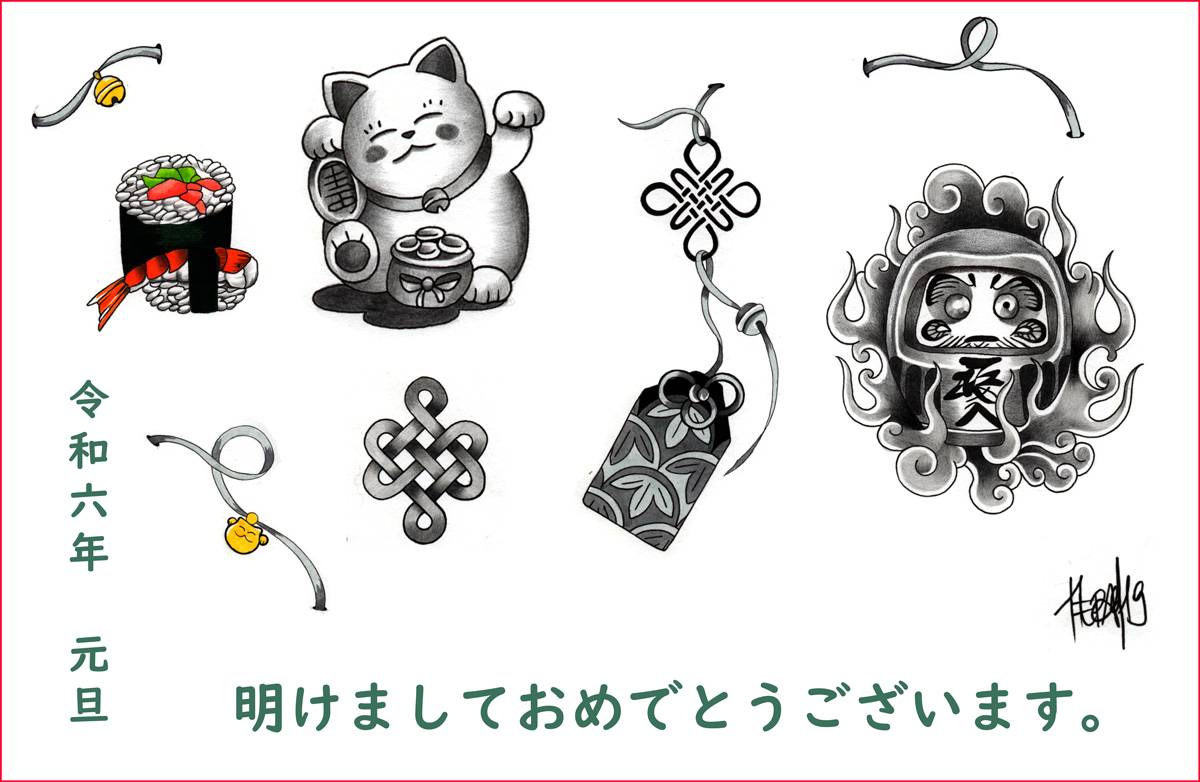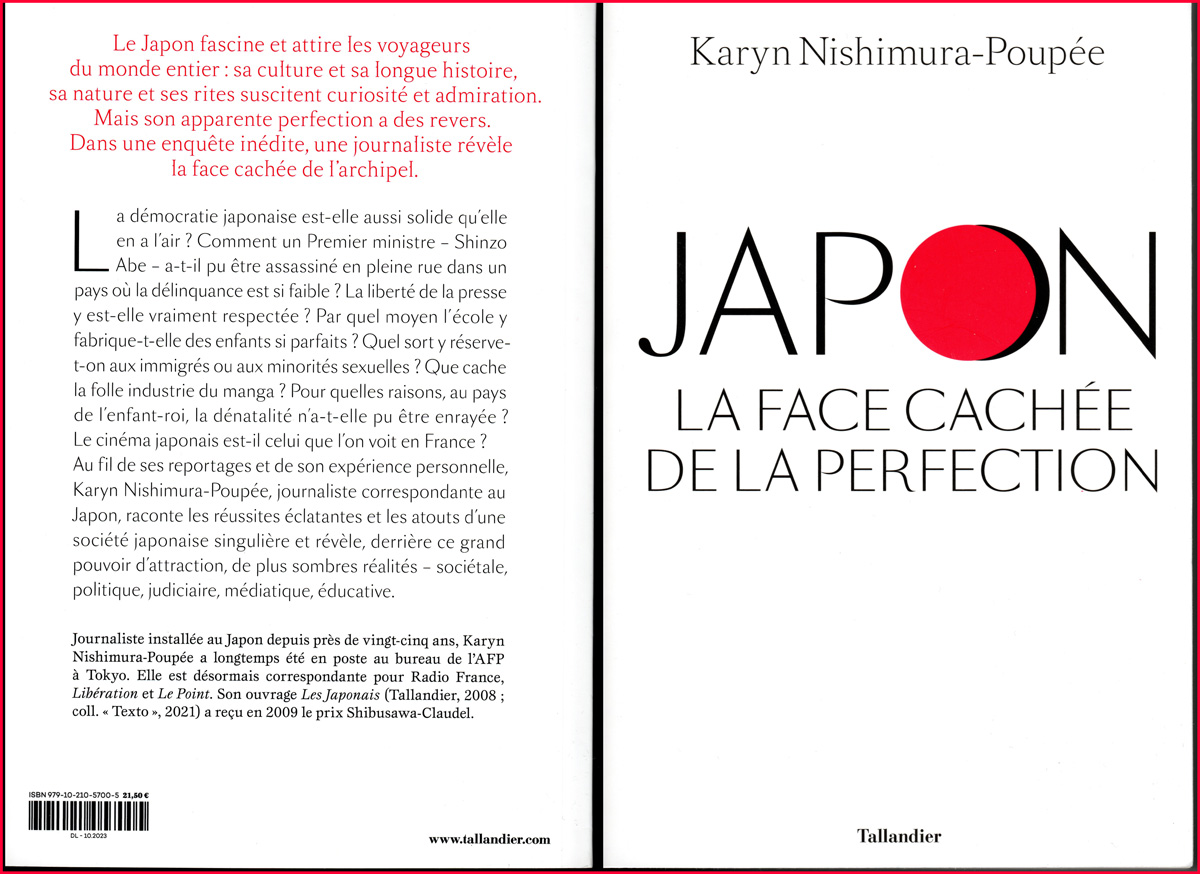
Best wishes for the New Year.
The year A.D. 2024 is according to traditional counting in Japan the 6th year of the REIWA period (令和六年). Emperor Naruhito ascended the throne on May 1, 2019. The year 2019 was therefore the 1st year of REIWA.
2024 is a Year of the Dragon (辰, tatsu).
The drawings are by Geraldina.

